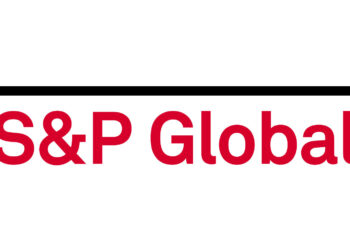The Association for Financial Markets in Europe (AFME) has urged regulators to avoid excluding decentralized finance (DeFi) rules from the newly adopted Markets in Crypto-Assets (MiCA) regulatory framework.
The AFME recently published a study titled “Decentralised Finance – Principles for Building a Robust Digital Economy.” In the study, they warned that excluding decentralized finance (DeFi) from regulatory frameworks could lead to regulatory arbitrage and present challenges in implementing new frameworks.The study also alluded to potential unforeseen consequences of such ommissions.
While there may be limited overlap between DeFi and Traditional Finance (TradFi) systems, the AFME argued that regulatory oversight is necessary. It emphasized that monitoring and regulation is necessary because of its rapidly evolution.
The AFME claimed that DeFi is a notable innovation within the financial system and suggested that existing DeFi initiatives should be regarded as externalized sources of innovation and research and development (R&D) laboratories for the formal financial sector.
The AFME recommended the EU establish a taxonomy for classifying digital assets and DeFi operations. The body claimed that this classification system would facilitate the development of a comprehensive regulatory approach tailored to the specific challenges encountered in the realm of DeFi.
The AFME further advocated for a risk-based strategy in dealing with DeFi and emphasized the necessity of a standardized regulatory framework that encompasses varying levels of centralization. According to the organization, implementing a risk-based approach enables regulators to adapt their oversight and enforcement measures to the specific risks associated with different DeFi activities.
While the MiCA regulations have been recently adopted by the European Union (EU) to govern crypto-assets, they currently do not cover innovative concepts such as decentralized finance. The MiCA Regulation was designed to establish a consistent regulatory framework for crypto assets across EU member states.
Initially proposed in 2020, MiCA received official approval on May 31, 2023, and was published in the Official Journal of the European Union (OJEU) on June 9, 2023. Although the practical implementation is set to begin on December 30, 2024, the regulations will officially take effect 20 days after their publication in the OJEU.AFME Calls for Inclusion of DeFi in EU’s MiCA Regulatory Framework
If you want to read more news articles like this, visit DeFi Planet and follow us on Twitter, LinkedIn, Facebook, Instagram, and CoinMarketCap Community.
“Take control of your crypto portfolio with MARKETS PRO, DeFi Planet’s suite of analytics tools.”





















